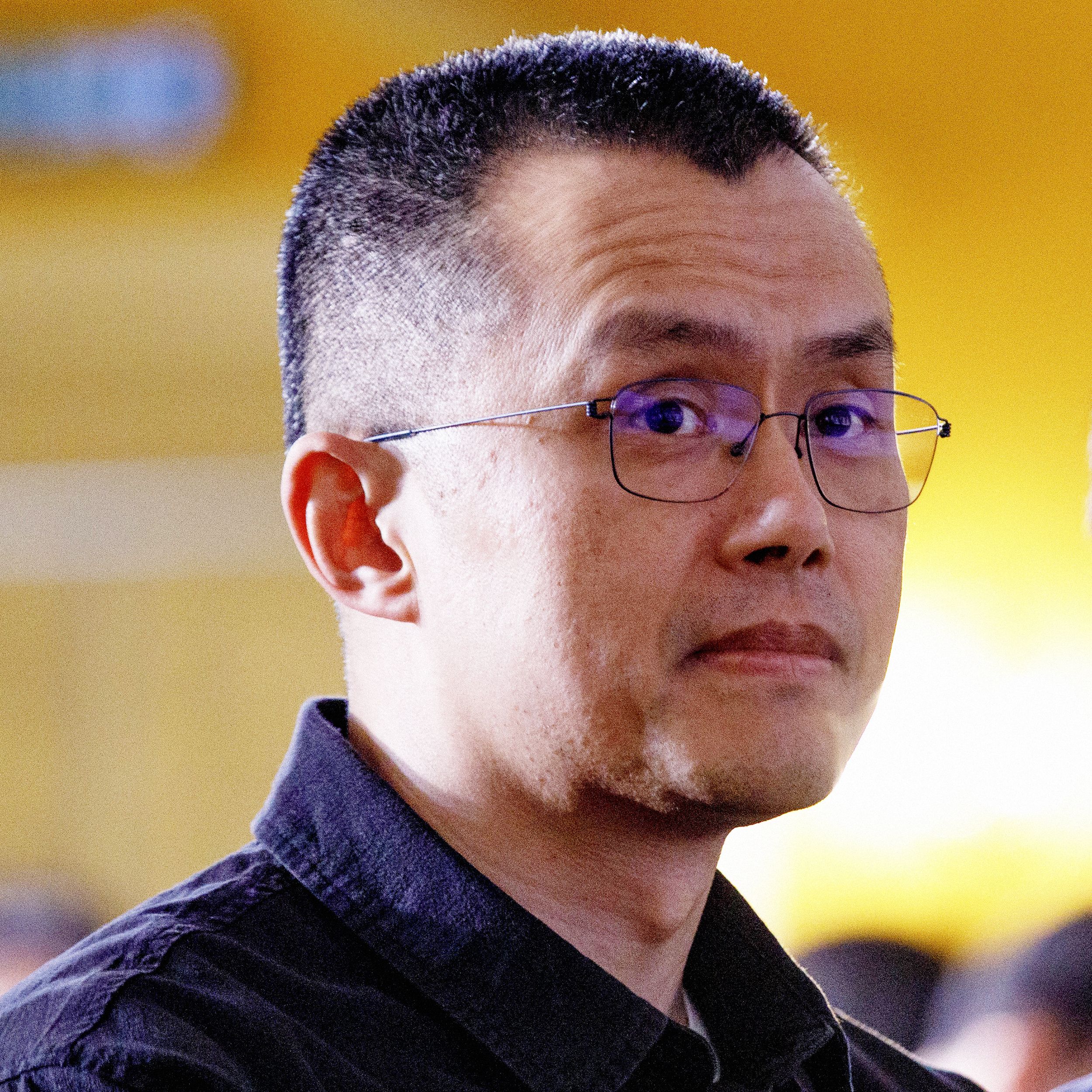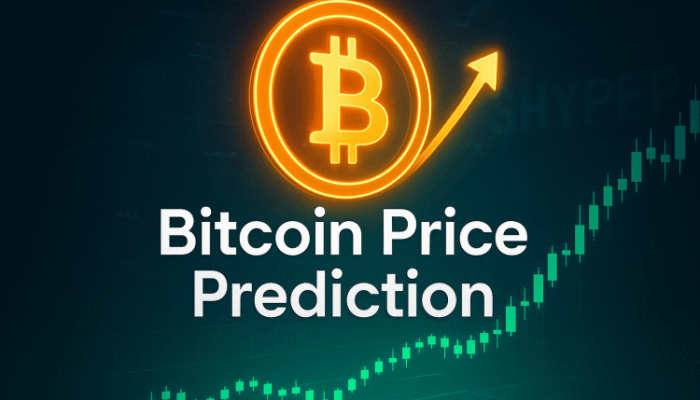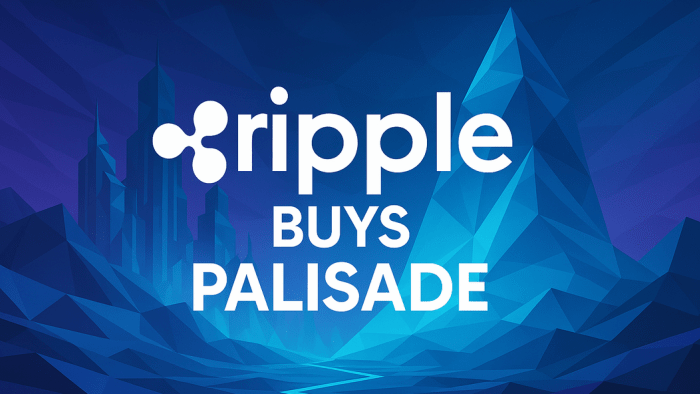Changpeng Zhao, the multibillionaire founder of crypto exchange Binance, spent four months last year locked in a federal prison. After US president Donald Trump pardoned Zhao in October, the government has recast him as a martyr.
Zhao, who goes by CZ, pleaded guilty in November 2023 to failing to maintain an effective anti-money-laundering program at Binance. In parallel, Binance admitted to violating US sanctions and settled with financial regulators, which accused the company of failing to report suspicious transactions involving terror groups, child exploitation networks, and cybercriminals, among other violations. In a particularly incriminating exchange detailed in court documents, one Binance employee said to a colleague, “We see the bad, but we close 2 eyes.”
As part of their respective settlement deals, Zhao agreed to forfeit his role as Binance CEO, and Binance agreed to leave the US, accept supervision by a US-appointed compliance monitor, and pay a record $4.3 billion penalty.
Less than two years later, the narrative has flipped. On October 23, Trump struck the charges from Zhao’s criminal record. The Binance founder was a victim of the “Biden administration’s war on crypto,” a White House spokesperson declared.
The decision to pardon Zhao will reverberate throughout the US crypto exchange market, which Binance could seek to reenter, legal experts claim. It may also come with long-term political consequences for the crypto industry after Trump’s presidency ends.
Whether Zhao’s pardon was justified has been hotly disputed, particularly in light of connections between Binance and World Liberty Financial, a crypto business founded by Trump and his sons. (Through a corporate entity, the Trump family owns a 38 percent stake in World Liberty Financial’s parent company.) In May, Binance agreed to receive a $2 billion investment denominated in USD1, a coin issued by World Liberty Financial, which could earn tens of millions of dollars from the arrangement. In July, Bloomberg reported that Binance had developed the codebase for USD1.
Remarkably, Trump claims to know very little about Zhao. “OK, are you ready? I don’t know who he is,” Trump told 60 Minutes in an interview that aired on November 2. “I can only tell you this. My sons are into [crypto],” he said later in the interview.
Zhao’s legal representatives and industry allies have defended the pardon as a rightful corrective. “CZ is the first and only known first-time offender in US history to receive a prison sentence for this single, non-fraud-related charge,” wrote Teresa Goody Guillén, partner at law firm Baker & Hostetler, which represents Zhao, in a post on X.
As a result of the alleged appearance of nepotism, cronyism, and self-dealing in Trump’s crypto activities, members of the industry—which spent hundreds of millions of dollars supporting pro-crypto candidates in 2024 congressional races—are bracing for a retaliation by a future Democratic regime. Though the industry has won new laws specific to stablecoins during the Trump administration, some believe the window to pass broad-based crypto legislation is already closing.
“The [pardon] doesn’t look good,” claims Azeem Khan, founder of crypto startup Miden. “There’s going to be scorched earth to come with the midterm elections. There’s not enough being codified into law yet.”
“On balance, obviously the Trump admin has been good for crypto. There’s no denying that,” claims Nic Carter, general partner at crypto-focused VC firm Castle Island Ventures. But Trump “doesn’t care about the appearance of impropriety—at all,” Carter says. “His sons have been so active in the crypto industry. This has been my main complaint about the Trump administration.”
“Neither the president nor his family have ever engaged, or will ever engage, in conflicts of interest,” said White House press secretary Karoline Leavitt in a statement.
In the meantime, Zhao’s pardon could have a destabilizing effect on US-based crypto exchanges, for whom Binance now represents a latent threat. Their market has already been eroded by the arrival of crypto exchange-traded funds that allow people to invest in crypto through traditional brokerages.
In a strictly legal sense, the pardon changes little; both Zhao and Binance are still bound by the plea agreements, which prevent the founder from returning to an active role at Binance and prohibit the company from operating in the US, says Daniel Silva, partner at law firm Buchalter.
Equally, while Zhao’s criminal record has been erased, his testimony has not. “He still admitted to all those things under penalty of perjury,” says Silva. “While he’s no longer technically a felon, that doesn’t negate the admissions that he made.” Prospective business partners will still take those admissions into consideration, he says.
But the pardon opens the door for the US government to formally release Zhao and Binance from their obligations, claims Silva. Meanwhile, faced with a US Department of Justice that has abdicated responsibility for policing certain crypto-related crimes, Zhao may feel emboldened to return to an active role at Binance either way. “You can breach any contract you want. The question is what consequences will there be?” says Silva.
Binance and Zhao did not respond to requests for comment. But in an X post thanking Trump for the pardon, Zhao wrote, “Will do everything we can to help make America the Capital of Crypto.” Earlier in the year, The Wall Street Journal noted, Zhao quietly changed his biography on X, swapping “ex-binance” for just “binance.”
The US crypto exchange market is dominated by Coinbase, which has long pitched itself as the straightlaced, law-abiding alternative to freewheeling international counterparts. But Binance is the largest crypto exchange in the world, processing around $22 billion in trades each day, almost eight times more than Coinbase.
The systemic importance of Binance to crypto markets is generally underappreciated in the US, some claim. “There’s an ethnocentrism people in North America have about being the best,” claims Khan. “Coinbase is in many ways the company. But Binance is the company for the rest of the world.”
With its immense financial resources, Binance could squeeze the margins of smaller US-based competitors who cannot afford to pursue loss-leading strategies for attracting customers—like slashing trading fees.
To gird itself against heightened competition, Coinbase has set out on a shopping spree. In the past year, Coinbase has acquired a derivatives exchange, an angel investment platform, and a service for launching crypto tokens, and it has partnered with PayPal and American Express on new services. The effect is to erect a walled garden of sorts, says Khan, that incentivizes customers to remain within Coinbase’s orbit and diversifies revenues away from trading fees. “Competition is coming. I think that’s why Coinbase has been so aggressive for some time now,” says Khan.
Coinbase declined to be interviewed for this story.
The US exchange market will ultimately trend toward consolidation, experts predict. “Fees get squeezed, and you have to scale to win,” says Chris Perkins, partner at crypto venture capital firm CoinFund. “There’s going to be some holy or unholy alliances.”
Though Trump’s far more permissive stance towards crypto stands to lift the entire industry, some are concerned by the administration’s ability to essentially select winners and losers—by effecting specific policy changes or pardoning founders, say.
“You want to win, but you want to win in a legitimate way,” claims Carter. “You don’t want your wins to be tinged by the appearance of corruption. You want to operate in a market economy, not a command-and-control economy where your ability to penetrate Washington determines whether you win or not.”



